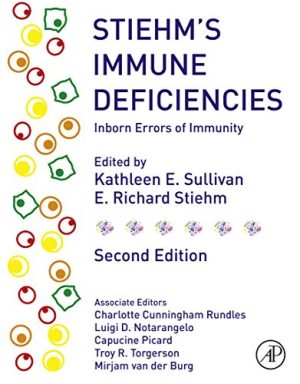Immunological Implications and Molecular Diagnostics of Genitourinary Cancer
Immunological Implications and Molecular Diagnostics of Genitourinary Cancer

Immunological Implications and Molecular Diagnostics of Genitourinary Cancer updates on recent accomplishments, unifying concepts, and future challenges in the study of tumor-associated immune cells, emphasizing genitourinary cancers. The presence of inflammatory immune cells in human tumors raise a fundamental question: How do cancer cells avoid destruction by immune attack? In principle, tumor development can be controlled by cytotoxic innate and adaptive immune cells, however, as tumors develop from neoplastic tissue to clinically detectable tumors, cancer cells evolve different mechanisms. This book covers research on the immunological implications of genitourinary cancer with a comprehensive view, especially surrounding diagnosis and cellular mechanisms.
- Discusses the impact of the immune system on the initiation, progression and treatment of cancer
- Provides insights on the important role of the suppressor genes and oncogenes in genitourinary cancers
- Shows the advantages of combining clinical issues of urologic cancers with immunological techniques, like immunohistochemistry and immunofluorescence
- Demonstrates the implications genitourinary cancer has on the human innate immune system





